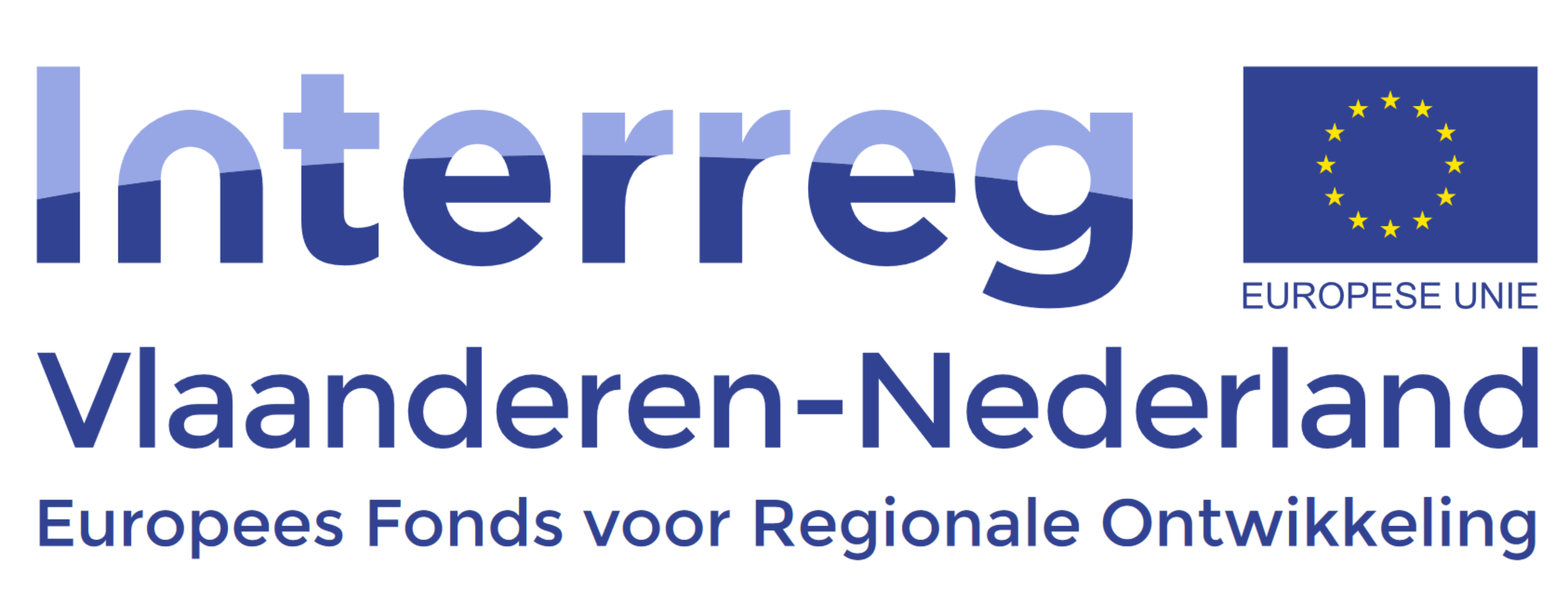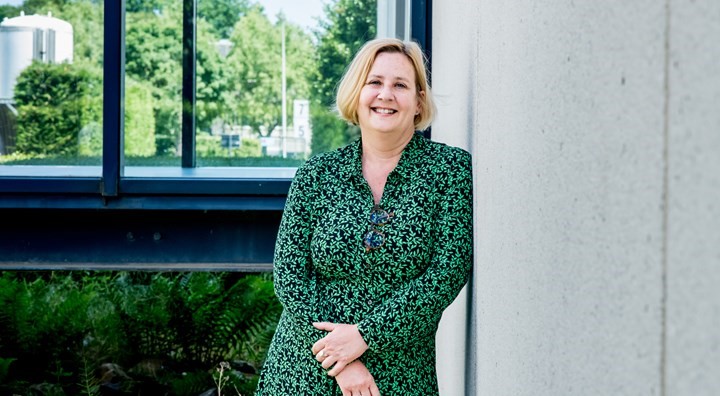AgrEUfood
A recently developed sensor technology based on synthetic receptors and thermal resistance measurements can offer a solution for a shorter turnaround time. "In agrEUfood this new technology will be further developed and tested in practical situations," the researchers say.



This project is being carried out with a contribution from the European programme Interreg V Flanders-Netherlands, which promotes innovation, sustainable energy, a healthy environment and the labour market through cross-border projects.
Interreg Flanders-Netherlands approved the first projects from its fourth call. With this new approval, a total of 7.5 million euros is invested in the Flemish-Dutch border region. Within this project, researchers will work on an inexpensive and fast way to test food products for possible bacterial contamination during the production process.
Up to now detection is done by taking samples and examine them by specialized laboratories at regular intervals. With this traditional method it can take up to a week to arrive at a final analysis. It is therefore not excluded that certain contaminants are not detected in time, so that the risk of a recall with associated economic loss and image damage is real. ”
A recently developed sensor technology can offer a solution here. The technology, based on synthetic receptors and thermal resistance measurements, has shown its added value during the first laboratory tests. "In agrEUfood this new technology will be further developed and tested in practical situations," the researchers say.
Project lead:
- University of Maastricht
Project partners:
- UHasselt - imo-imomec
- Durum Company NL
- EV ILVO
- Katholieke Universiteit Leuven
- Alberts NV
- Voxdale
- Yookr
- Brightland Campus Greenport Venlo

Contact
prof. dr. ir. Ronald Thoelen

dr. Lieve De Doncker

